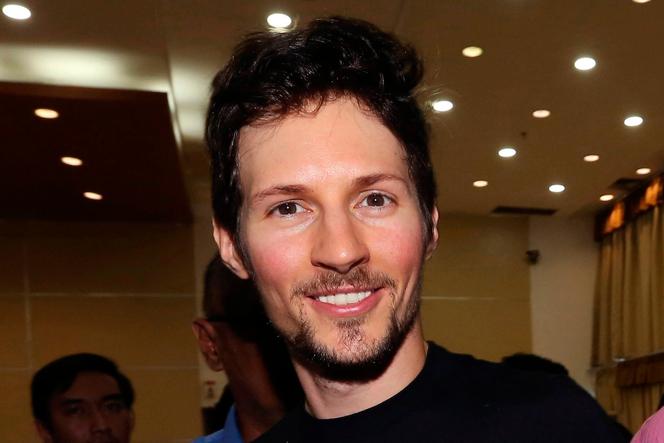


The Paris prosecutor's office on Monday, August 26, detailed the reasons why French police on Saturday arrested Telegram founder Pavel Durov on his arrival on French territory. These include complicity in serious crimes and repeated refusal to respond to requests from French investigators. Durov has since been questioned at the offices of the National Anti-Fraud Office, one of the three investigative departments working on this case, along with the center for fight against digital crime and the J3 section of the Paris prosecutor's office, which is responsible for fighting cybercrime.
The investigation itself is open against an "unnamed person" and does not directly mention Durov. His hearing and police custody, which can last up to 96 hours because the investigation concerns organized crime, should enable investigators to determine whether they have solid evidence against him, enabling a judge to indict him for all or part of the acts under investigation. If this is not the case, Durov, who is presumed innocent until proven guilty, will be released.
In practice, most of the list of charges concerns complicity in serious crimes. These include complicity in the "organized distribution, offering or making available of pornographic images of minors," as well as complicity in the "acquisition, transport, possession, offering or transfer of narcotics." One notable point in this long list is the absence of terrorism-related offenses: Telegram has been, and remains in part, a popular application for jihadists, but the current investigation does not directly address this point.
The investigation also focuses on a very specific point, at the heart of the complaints leveled at Telegram by multiple governments over the past decade: the "refusal to communicate, at the request of the authorized authorities, the information or documents needed to carry out and use the interceptions authorized by law." In plain English, Telegram's stated refusal to respond to requests from French investigators when they wish to obtain information on users of the service. Telegram's policy is not to respond to such requests, except in certain cases – terrorism and child pornography in particular.
The acts under investigation are serious: Most of those referred to by the prosecutor carry firm prison sentences – 15 years, for example, for the distribution of child pornography images in a group. The figure of 20 years in prison was widely circulated online over the weekend, but it is based on nothing. It is not known on what charges Durov could be indicted, and even if he were ultimately convicted, his sentence would be decided on the basis of multiple factors. Although, in theory, complicity in a crime can be punished by the same sentence as the crime itself, the courts assess the seriousness of the complicity, and sentences are generally well below the maximum provided for by law.
You have 35.1% of this article left to read. The rest is for subscribers only.
